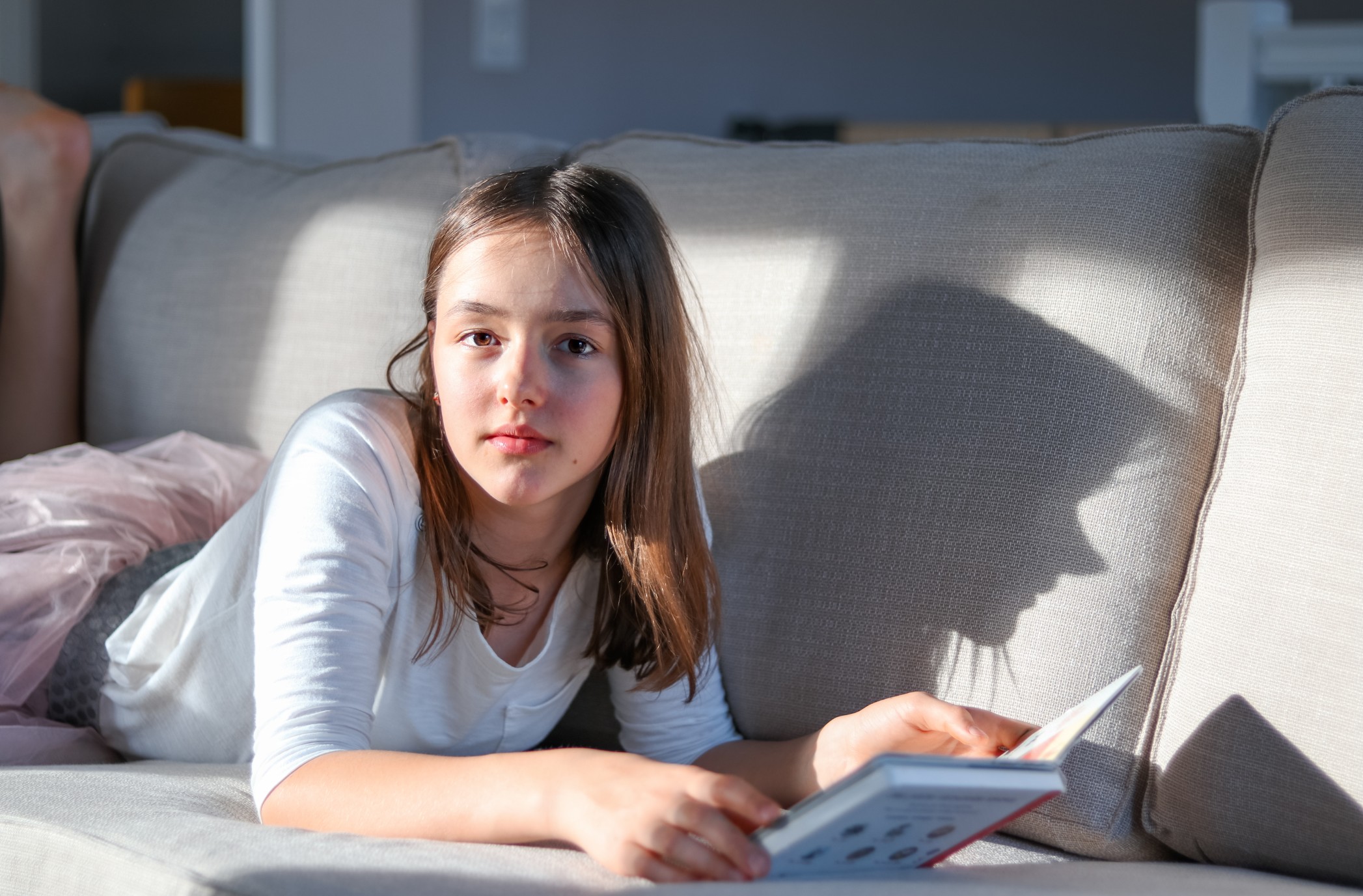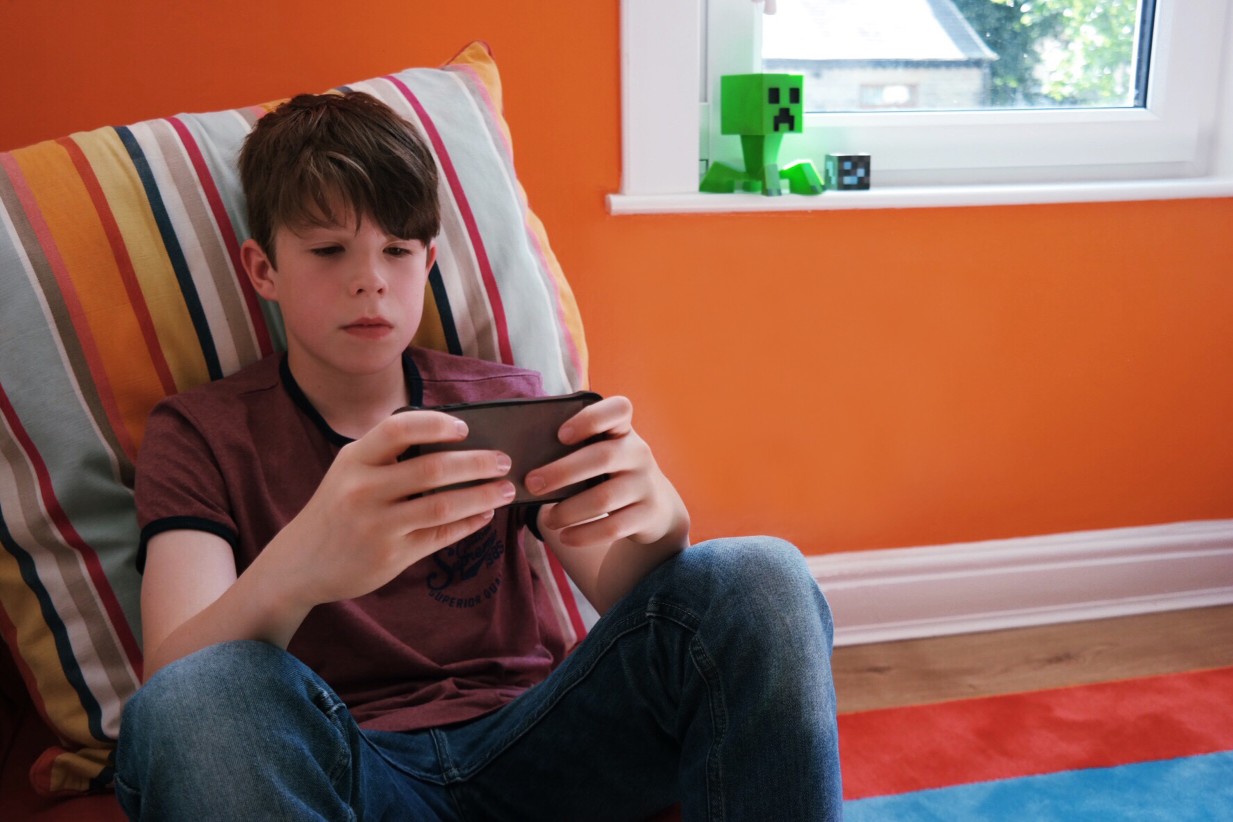Now that my kids are entering their tween-years, I want to know what to expect so that I can effectively parent them through this time. Rather than assume I know what’s going on or charge ahead with only my own experience as my guide, I want to lead my kids through these changes well-informed.
After digging up some research, I was surprised at what I found out! It turns out your kids’ hormones are probably kicking in way sooner than you think. Here’s the crazy age it’s actually happening.
Our children’s brains begin sending a gradual increase of hormones that prompt the beginning of puberty at age 8. Though this process begins young, it takes around four years to complete; so, you won’t be seeing any drastic changes right away. These are four signs of puberty to be on the lookout for.
Mood Swings
Perhaps, you’ve equated hormones with the idea of moody preteens and lots of eye rolls. Moodiness can be one of many signs of puberty, but there’s so much more going on. Though hormones play a role in mood swings, research conducted by clinical psychologist, Sally Weinstein, shows our children’s moods can also be influenced by shifts in social contexts; for example, going from school to after school care to sports to home.
Rather than brushing off your child’s mood swings as just hormones, investigate further to see if your child is having trouble transitioning between activities or may have too much on their plate. Respect your child’s autonomy by helping them feel they are making the choice of activity themselves.
Growth Spurts
Have you ever noticed the staggering heights between the kids in your child’s class? One thing you may begin to notice is an increase in height and weight in girls around age 10. Some girls will gain height before weight and others will gain weight before height. Both are completely normal. Boys usually lag behind a bit (by about two years) but once they hit their stride, look out! If you don’t notice a growth spurt at first, your grocery bill will let you know!
Sleep Patterns
You say good night to your child at their regular bedtime, but it seems as though they are awake for hours after you’ve turned off the light. Before you lose your cool, take into consideration that your child may be experiencing something called “delayed phase preference.” This happens when the release of the sleep hormone, melatonin, is delayed; usually by a couple of hours. Your child just might not be able to fall asleep because their body isn’t telling them to.
Due to the lack of sleep your child may be getting, your child may experience an increase in anxiety and inattentiveness. The lack of sleep may also contribute further to the moodiness mentioned earlier. Letting your child sleep in on the weekend helps them catch up on any Z’s they might have missed during the week.
Impulsive Behavior
Has your child started acting impulsively? Adolescent children may experience a loss of self-control. The culprit? Their limbic system. Your child may be experiencing an increase of growth in the limbic system which regulates emotion. It’s growth far exceeds their prefrontal cortex which regulates their reasoning and judgment.
Because of this uneven growth, adolescent children don’t always see situations clearly. This may cause them to take more risks as they look for short term rewards (looking cool in front of friends) over long term consequences (harming themselves or others). It is especially important to talk to your children about drugs and alcohol during these times.
Have you noticed any of these signs of puberty in your children? What age are they?










